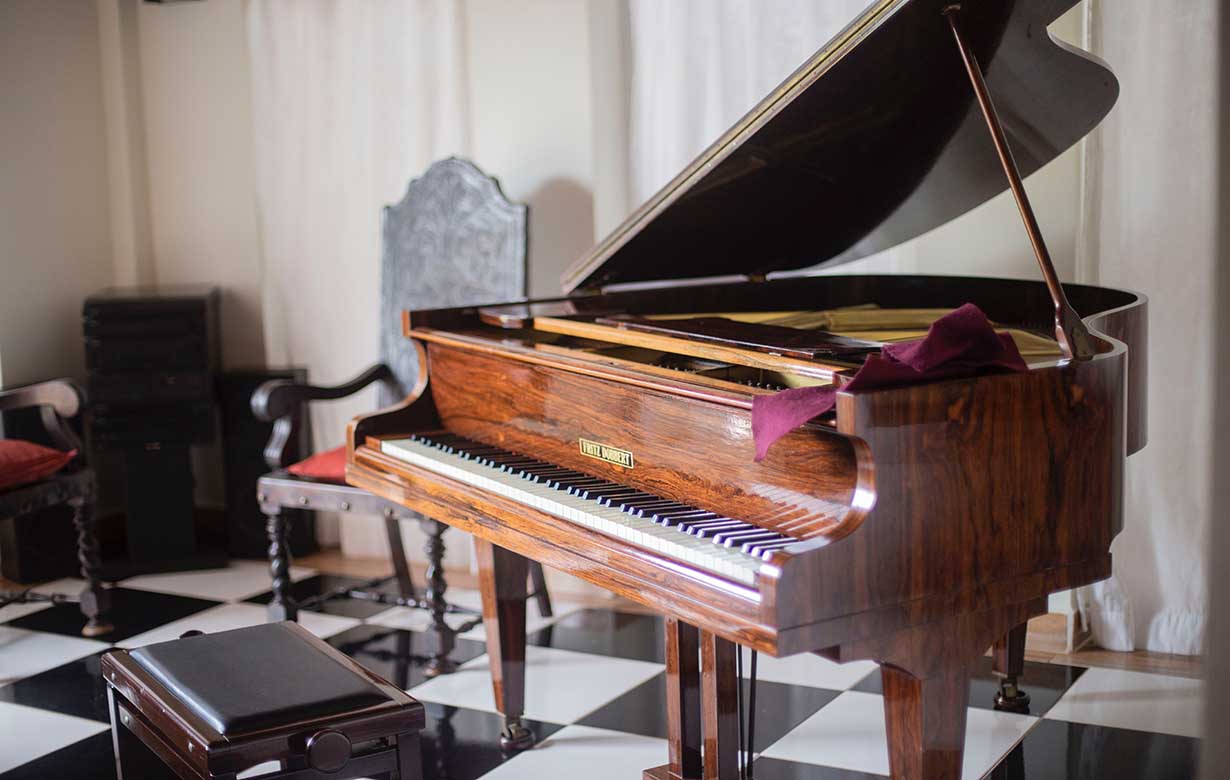钢琴培训班宣传文案怎么写吸引人
导读:明白,以下是按照钢琴培训班宣传文案怎么写吸引人写一篇文章:In the realm of music education, piano training sta
明白,以下是按照钢琴培训班宣传文案怎么写吸引人写一篇文章:

In the realm of music education, piano training stands as a beacon of excellence. As families continue to prioritize their children's musical development, the demand for quality piano instruction has grown significantly. This article delves into the current business model and future prospects of piano training institutions.
Business Models in Piano Training
1. Traditional Offline Instruction: Many piano training centers still rely on traditional offline teaching methods, providing students with direct face-to-face lessons. While this approach offers tangible student engagement and intuitive learning experiences, it also faces challenges such as high venue rental fees and limited teacher resources.
2. Online Platforms: In response to technological advancements, an increasing number of piano training institutions are adopting online platforms. Through live streaming or recorded videos, students can learn from the comfort of their homes. This not only saves travel costs but also enhances flexibility in learning. However, the challenges include ensuring quality video instruction and maintaining consistency in teaching standards.
3. Blended Learning Models: A growing number of piano training centers are experimenting with hybrid models that integrate both offline and online elements. These models offer a balanced approach that combines the benefits of both methods, ensuring consistent quality while allowing for greater convenience. This trend is expected to gain momentum in the coming years.
Issuance of Business Licenses
To establish a successful piano training institution, one must first determine the institution's name. A memorable and symbolic name is essential for brand recognition. At the same time, it is crucial to ensure that the name does not conflict with existing enterprises to avoid legal issues.
Next, applicants need to submit the following documents:
- Official identification of the legal representative;
- Proof of the location (such as property ownership certificate or lease agreement);
- Financial evidence (such as a capital contribution statement or bank loan application);

- Other required materials from relevant departments (environmental safety, fire protection approvals, etc.).
Upon approval, the authorities will issue a business license, which serves as the legal foundation for the institution's operations.
Government Regulations
After obtaining the business license, key responsibilities include registering the institution with tax authorities, obtaining a basic business deposit account from banks, and completing the procedures for environmental protection, fire safety, etc., as required by law. This ensures compliance with regulations and supports the sustainable operation of the institution.
Moreover, it is advisable to recruit professional employees and provide them with necessary training to improve service quality and customer satisfaction. Proactively marketing and attracting new students through various channels is also crucial for expanding market share. Continuous monitoring and evaluation of financial statements and business conditions enable adjustments to operational strategies to ensure compliance with laws and maintain a healthy business environment.
In conclusion, piano training represents a vital component of music education, catering to the growing needs of families seeking quality music education for their children. With innovative business models and regulatory frameworks in place, the future prospects of piano training institutions look promising. By embracing change and continuously improving services, these institutions have the potential to thrive in an ever-evolving market landscape.

















